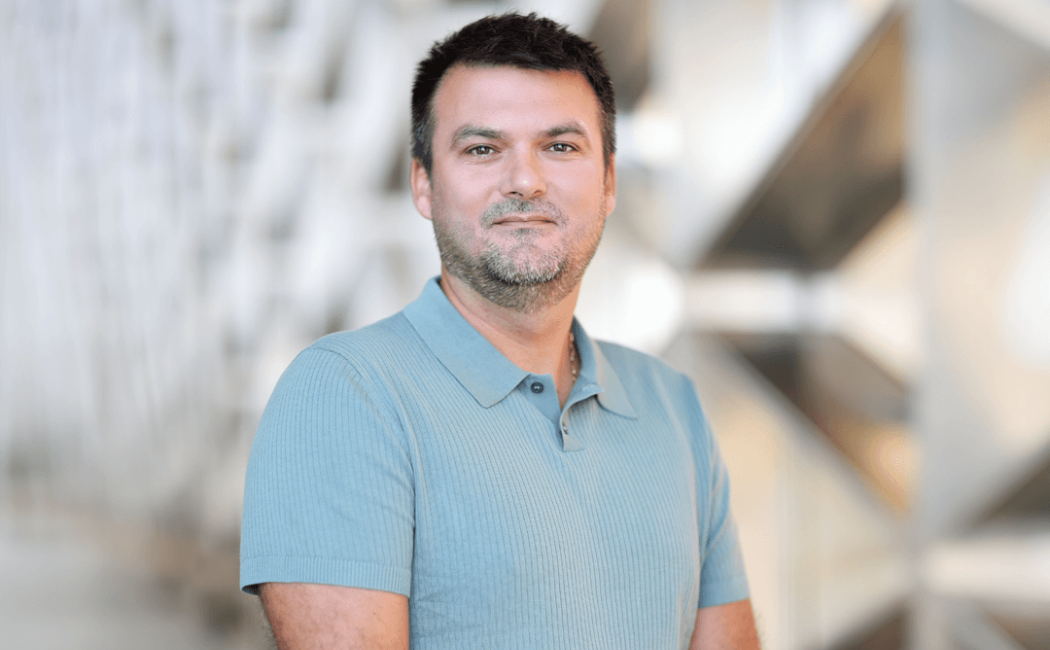
Professor Peter Marhavy joins BESE to advance research on plant resilience
07 October, 2025
With crop resilience increasingly vital to global food security, King Abdullah University of Science and Technology (KAUST) has appointed plant biologist Professor Peter Marhavy to continue his research on plant communication and stress resistance.
Joining the Biological and Environmental Science and Engineering (BESE) Division as an assistant professor in Plant Science, Marhavy will focus on how plant roots sense, communicate, and repair local damage, and how signals propagate across cells and even to neighboring plants.
Understanding these mechano-chemical signals can help engineer crops that recover more quickly from stress, resulting in more resilient crops and more sustainable management practices.
“Joining KAUST is an opportunity to tackle root stress biology where it matters, in environments that push plants to their limits,” Marhavy said. “I’m grateful to be part of a community built around discovery and impact, and I look forward to collaborating widely, and helping advance translational plant science for food security in Saudi Arabia and beyond.”
Before joining KAUST, Marhavy earned his master’s in molecular biology from Comenius University in Bratislava, focusing on Acetobacter identification. He completed his Ph.D. in 2012 at Ghent University, studying how plant hormones influence root development.
Marhavy continued as a postdoctoral researcher in the group of Professor Eva Benkova at the Institute of Science and Technology Austria. In 2015, he joined a lab of Professor Niko Geldner at University of Lausanne to investigate mechanisms governing Casparian strip membrane domain protein localization, the process by which proteins gather on root cell membranes to mark where the plant should build the waterproof barrier controlling what enters the root.
In 2020, he established an independent research group at the Swedish University of Agricultural Sciences in Umeå, where he was promoted to docent (associate professor) in 2025. These experiences sparked his passion for uncovering the hidden mechanisms that allow plants to adapt and thrive. In his lab, Marhavy said, he carries that passion forward by asking bold questions and creating the tools needed to find meaningful answers.
Looking ahead, Marhavy sees cross-disciplinary collaboration as central to his work. He anticipates partnering with colleagues in BESE, as well as initiatives aligned with Saudi Vision 2030 and the Center of Excellence for Sustainable Food Security. Beyond plant science, he is already pursuing collaborations in materials science and electronics, aiming to integrate novel technologies with biology to advance resilient crops for the future.
He is excited about the University’s combination of world-class scientists, facilities, and a mission centered on sustainable food systems. “KAUST’s Plant Science program and food-security initiatives are geared to move discoveries from bench to field — exactly the bridge our root-stress research needs to make a difference.”